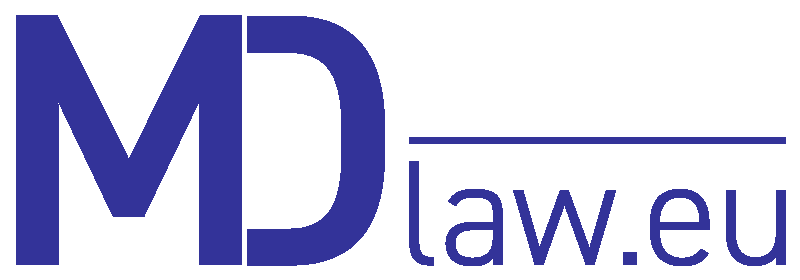The COVID-19 pandemic highlighted the need of a centralized management system in the health sector to ensure that the EU and the Member States are ready to react in the event of a cross-border crisis.
The new European Health Emergency preparedness and Response Authority (HERA) will develop and support innovative flexible and modular production capabilities, as well as contribute to the global health security infrastructure. This way, it will ensure that medical countermeasures (including medical devices and IVDs) are always available during a crisis and that strategic dependencies in the health industrial ecosystem are reduced.
HERA’s Governance is composed of:
- The Head of HERA;
- The Coordination Committee;
- The HERA Board;
- The HERA Advisory Forum
The HERA Board may set up sub-groups of the Forum for the purpose of examining specific questions in the fields of science, research or industrial matters. In particular, a subgroup named ‘Joint Industrial Cooperation Forum’ composed of the representatives of the industry and Member States shall be set up.
How can HERA ensure quick decision-making in future health emergencies?
In the event of a public health crisis, HERA’s emergency phase can be immediately activated by the Council, allowing the Health Crisis Board to ensure the supply of medical countermeasures through a harmonized and coordinated action of the Commission, the Member States and the relevant Union agencies and bodies.
The proposed Regulation for medical countermeasures during a public health emergency at Union level sets out key measures HERA will be able to take in the event of an emergency:
- Procure, purchase and manufacture crisis-relevant medical countermeasures through emergency funding;
- Collaborate with HERA-like national agencies, the WHO and other global partners;
- Intervene in the surge capacity production of crisis-relevant medical countermeasures by industry.
What can HERA do to support mobilisation of industry?
To help mobilizing the industry, HERA will:
- Promote cooperation between EU Member States, industry and other stakeholders. This cooperation is key to manufacture, purchase and distribute medical countermeasures for health threats;
- Set up a joint Industrial Cooperation Forum, composed of industry representatives and the Commission, to provide channels for adequate feedback by the industry on capacities and bottlenecks;
- Encourage new industrial partnerships, facilitated by the organization of pan-European matchmaking events, building on the work of the Task Force for Industrial Scale-up of COVID-19 vaccines and therapeutics (TFIS);
- In the event of a crisis, it may also invite experts with specific expertise to join the Health Crisis board on an ad hoc basis;
- Use tools such as the innovation partnership procedure, which promotes the agile cooperation between public buyers and economic partners in procurement.
How will HERA cooperate with Member States and with the European Parliament?
During the preparedness phase, one representative per Member State will be part of the HERA Board to assist and advise on new strategic decisions.
During the emergency phase, the Member States collaborate with the President of the European Commission, the Commissioner for Health and Food Safety and other members of the Commission.
The European Parliament will designate an observer in the HERA Board, while the Commission will ensure a regular communication with the Parliament on the work of HERA.
For all frequent Questions and Answers have a look at the European Commission Q&A and the Factsheet.
Proposal for a Council Regulation can be found here: https://ec.europa.eu/health/sites/default/files/preparedness_response/docs/hera_2021_propcouncreg_medical-countermeasures_en.pdf and the Commission Decision establishing the Health Emergency Preparedness and Response Authority here.


Leave a Reply